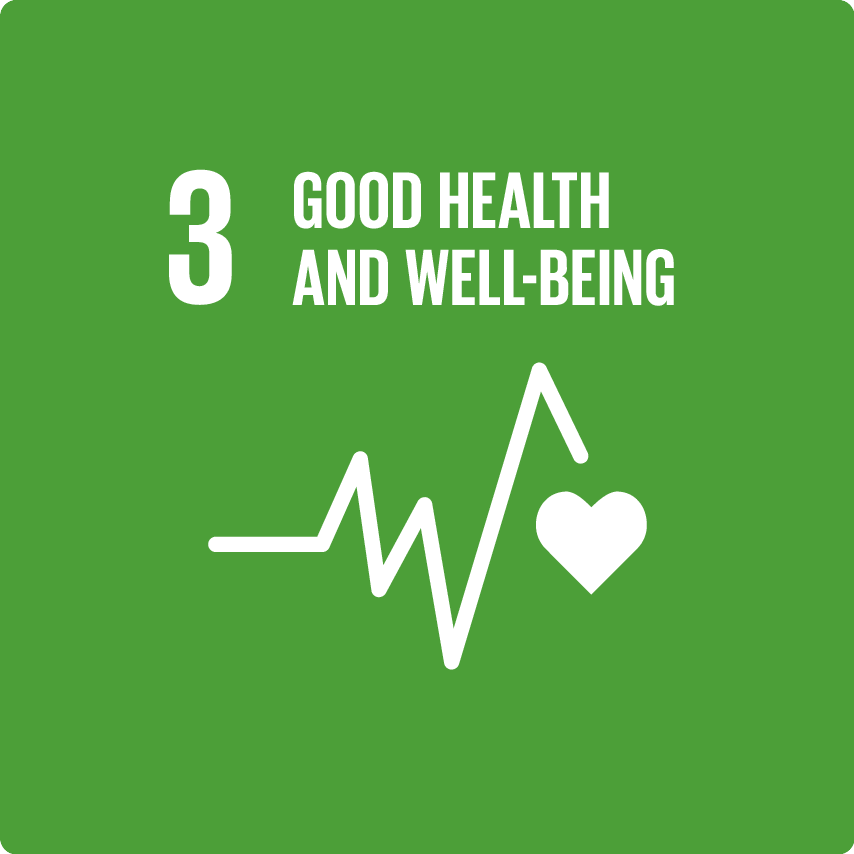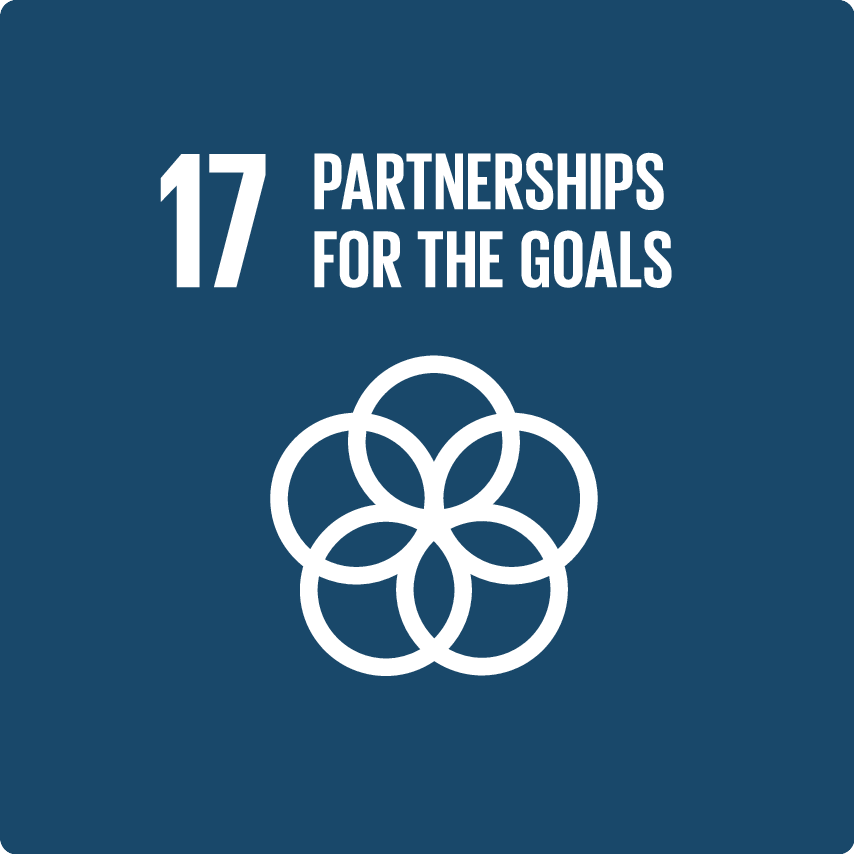Takeda and Last Mile Health, Scaling the National Community Heath Assistant Program and Delivering Primary Health Care Services
This multi-country Global CSR Program partnership focused on training 8,000 community health workers and health systems leaders across the world in community-based primary health care and expanding their reach in Liberia to rural areas previously seen as too remote to serve.
SEE ALL PARTNER ORGANIZATIONS
Objectives
Build resilient health systems through investment in community and frontline health workers who will deliver primary healthcare services to people living in remote communities
Despite medical and technological advances, half of the world’s population lacks access to essential health services, and over 8.9 million preventable deaths occur every year. In Last Mile Health’s target countries, including Liberia and Sierra Leone, maternal and child mortality ratios are among the highest in the world. Skilled health professional density is far below the WHO-recommended 23 per 10,000 population in these countries, and most health workers are concentrated in cities and large towns. Health services delivered only via doctors and nurses tend to leave those at the last mile behind, and disproportionately high rates of maternal and child mortality and morbidity exist in remote areas. The recent Ebola outbreaks and COVID-19 pandemic highlighted the need for stronger, more resilient health systems that reach even the world’s most remote communities, including disease surveillance systems that can identify the early warning signs of an outbreak before it has a chance to spread. In addition, to effectively advocate for, finance, and scale community-based primary health care that reaches all communities, policymakers and practitioners need increased access to evidence-based tools.
Research indicates that deploying community health workers who consistently and effectively provide just 30 lifesaving health services in the 73 countries with the highest burden of diseases would save as many as 3.6 million children annually – or 30 million lives by 2030 – reducing annual child mortality by almost half. The program is therefore strengthening resilient health systems by designing, demonstrating, scaling, and advocating for community health worker programming that is delivered at high quality. By doing so, the program works towards increased service utilization and decreased morbidity and mortality amongst those living in highly marginalized contexts.
Activities included:
● Design and roll-out of a digital training platform, the Community Health Academy, for health workers and health system leaders in partnership with the Ministry of Health in each program country. Using digital tools, health workers can
quickly access up-to-date information and clinical content needed to improve the quality of care. The Community Health Academy also provides courses on financing community health programs and national health system planning to
strengthen the capacity of current health system leaders and help train the next generation. Further resources include the COVID-19 Ethiopia app, the country’s first smartphone-based digital learning platform designed to increase
health workers’ ability to identify and treat patients, which was created in partnership with the Ethiopia Federal Ministry of Health and the Ethiopian Public Health Institute.
● Strengthening the National Community Health Program in Liberia with a focus on capacity building for data-driven health decision-making. This included development of a digitalization strategy for national monitoring systems, wherein
Community Based Information Systems play a central role in data collection, monitoring, and timely usage for community health.
● Evidence-based advocacy for integrated community health worker systems, by providing survey data on the impact of the National Community Health Program on child morbidity and mortality in Liberia
Results and milestones
Our program helped to further strengthen and scale the National Community Health Program in Liberia and launch the Community Health Academy with other key donors, contributing to:
● 3,943 community health workers trained and deployed in Liberia
● 777,246 people reached by these community health workers
● 3 million treatments for malaria, pneumonia and diarrhea delivered to children under five in remote communities in Liberia
● USD 32.3 million additional sources of finance raised for Liberia’s National Community Health Program (*Earmarked for community health workforce programs in Liberia, so community health workers can continue to reach people in the most
remote communities.)
● 37,637 learners across multiple countries enrolled in digital Community Health Academy content for health systems leaders (of which Takeda’s funding has directly enabled 7,500 learners)
● 5,455 community health workers accessing Community Health Academy digital content uploaded on a smartphone in Liberia, Sierra Leone, Uganda, Ethiopia.
● Community health worker activities scaled up to Ethiopia, Malawi, Sierra Leone, and Uganda
Last Mile Health’s research in Liberia demonstrates the effectiveness of this approach. In 2020, Last Mile Health conducted an economic evaluation of the National Community Health Program in Liberia. The analysis found that under current cost structures, there is no scenario in which an increase in the number of health facilities could be as cost-effective as the National Community Health Program to increase the use of malaria diagnostic testing and treatment of childhood illness by a formal provider. In fact, the study found that increasing the number of health facilities to reach rural communities and deliver similar essential health services would be twice as much as the cost of the National Community Health Program.
Further, recent results from Last Mile Health’s five-year Grand Bassa Impact Evaluation show that community health workers are effective in the interventions they have been trained to deliver, especially for sick-child management. In 2022, community health workers were the foremost care providers for sick children, delivering 40-50% of treatment for acute respiratory infections, fever, and diarrhea, as well as providing appropriate care for malaria and diarrhea. Further, over the last three years, districts with the National Community Health Program in Grand Bassa experienced more than a 20 percentage-point increase in receiving care for these major diseases as compared with districts not yet implementing it.
Geographic Reach
- Africa
Disease Area
- Other
Target Population
- Women
- Children
Partner organizations
Last Mile Health
Geographic Reach
Africa
- Ethiopia
- Liberia
- Malawi
- Senegal

